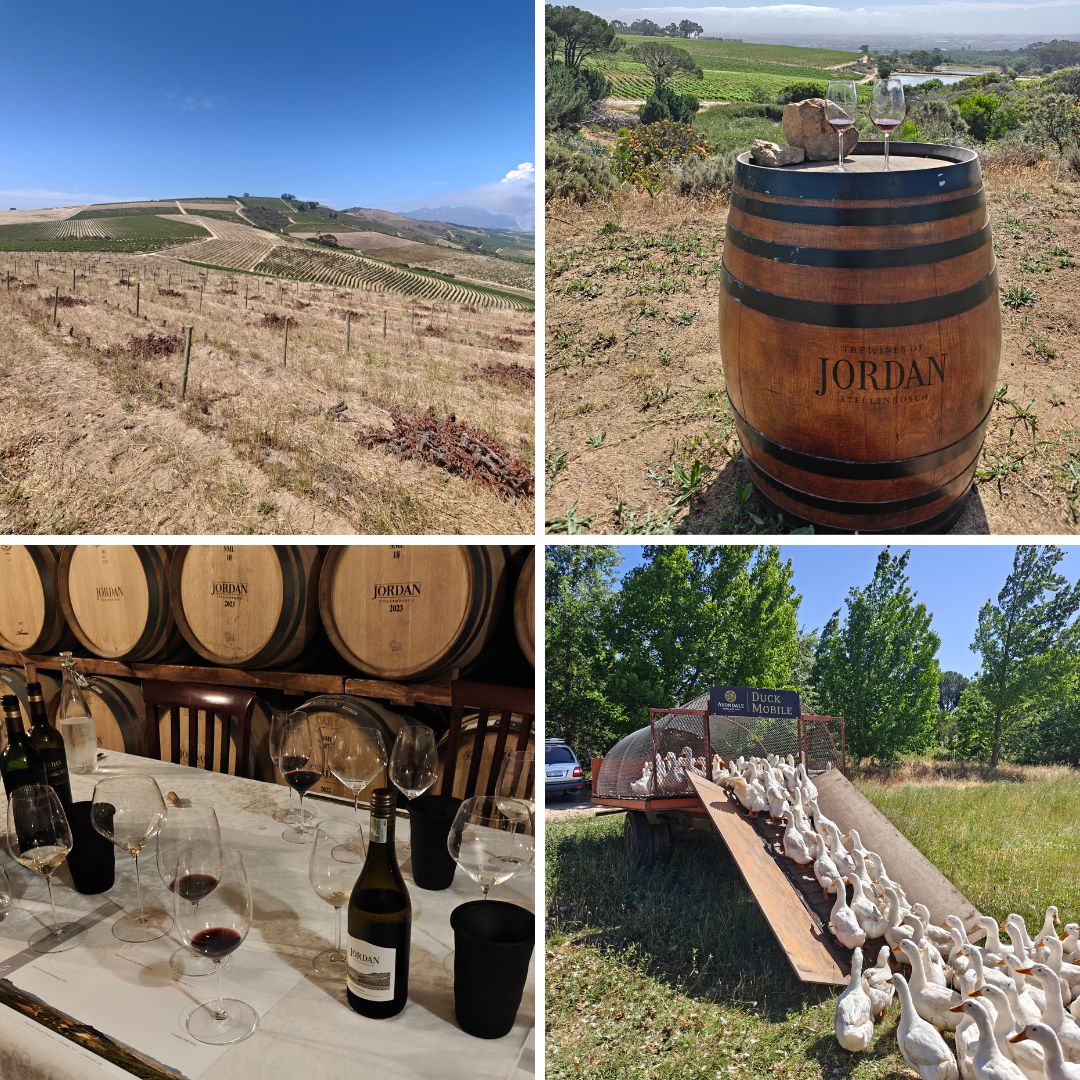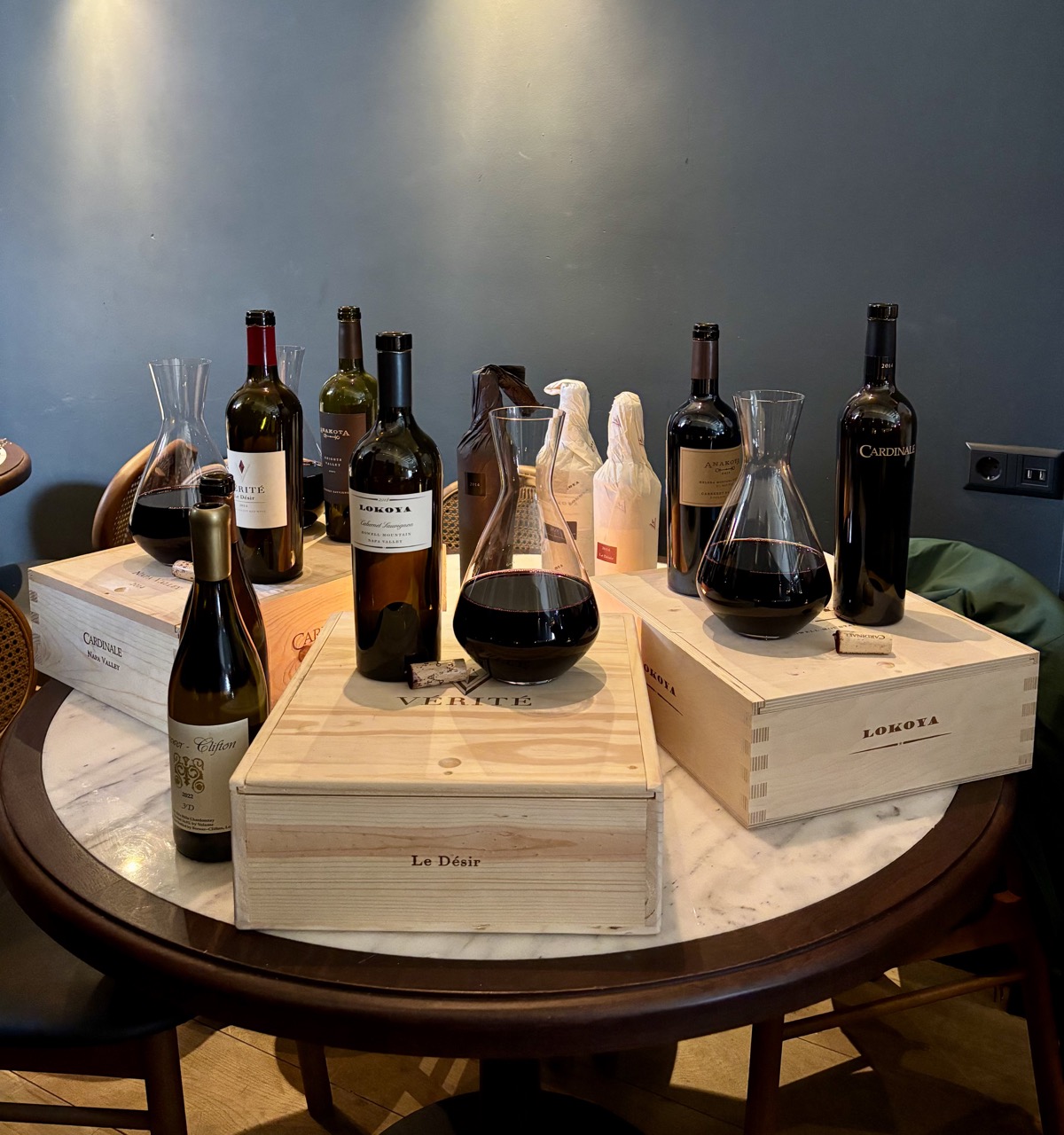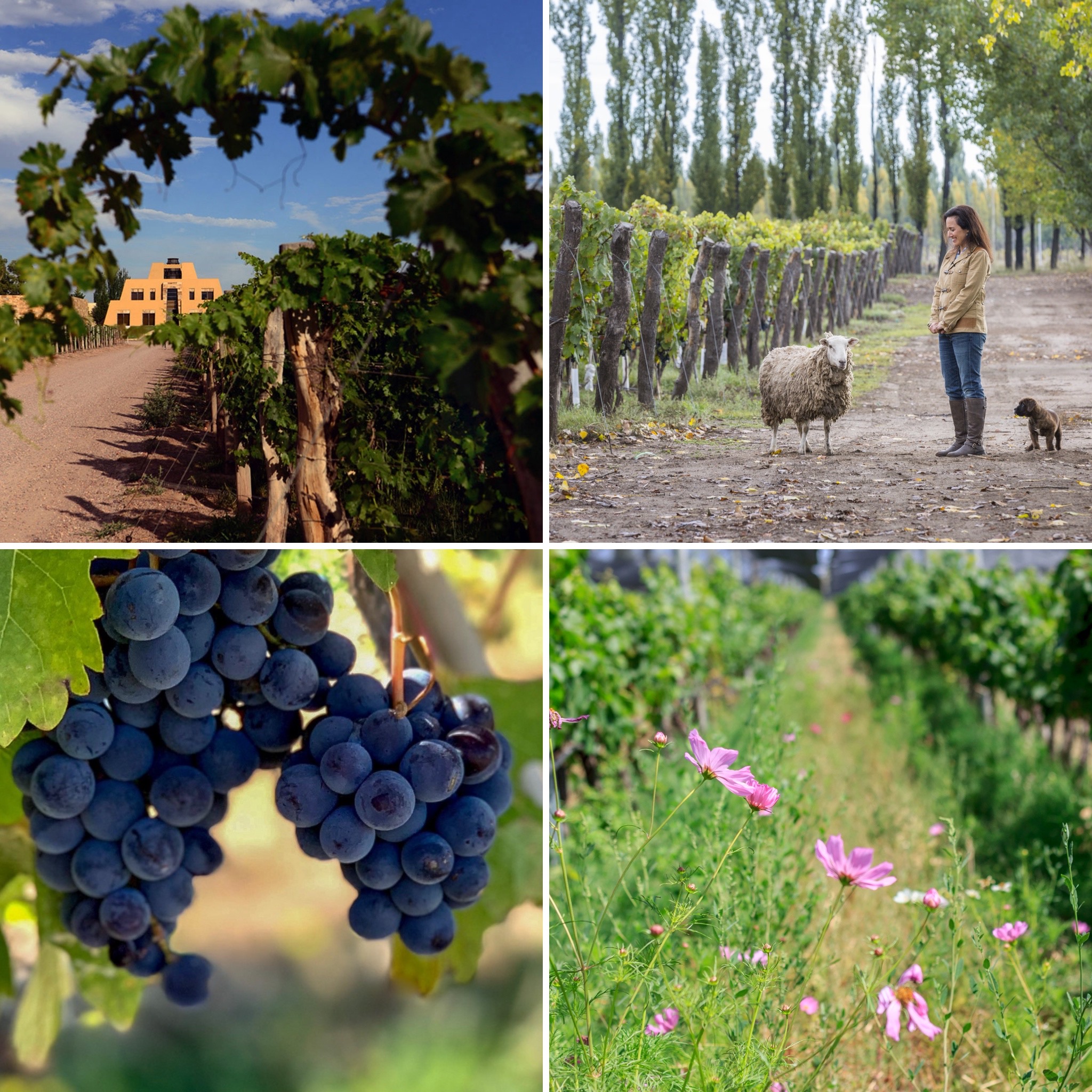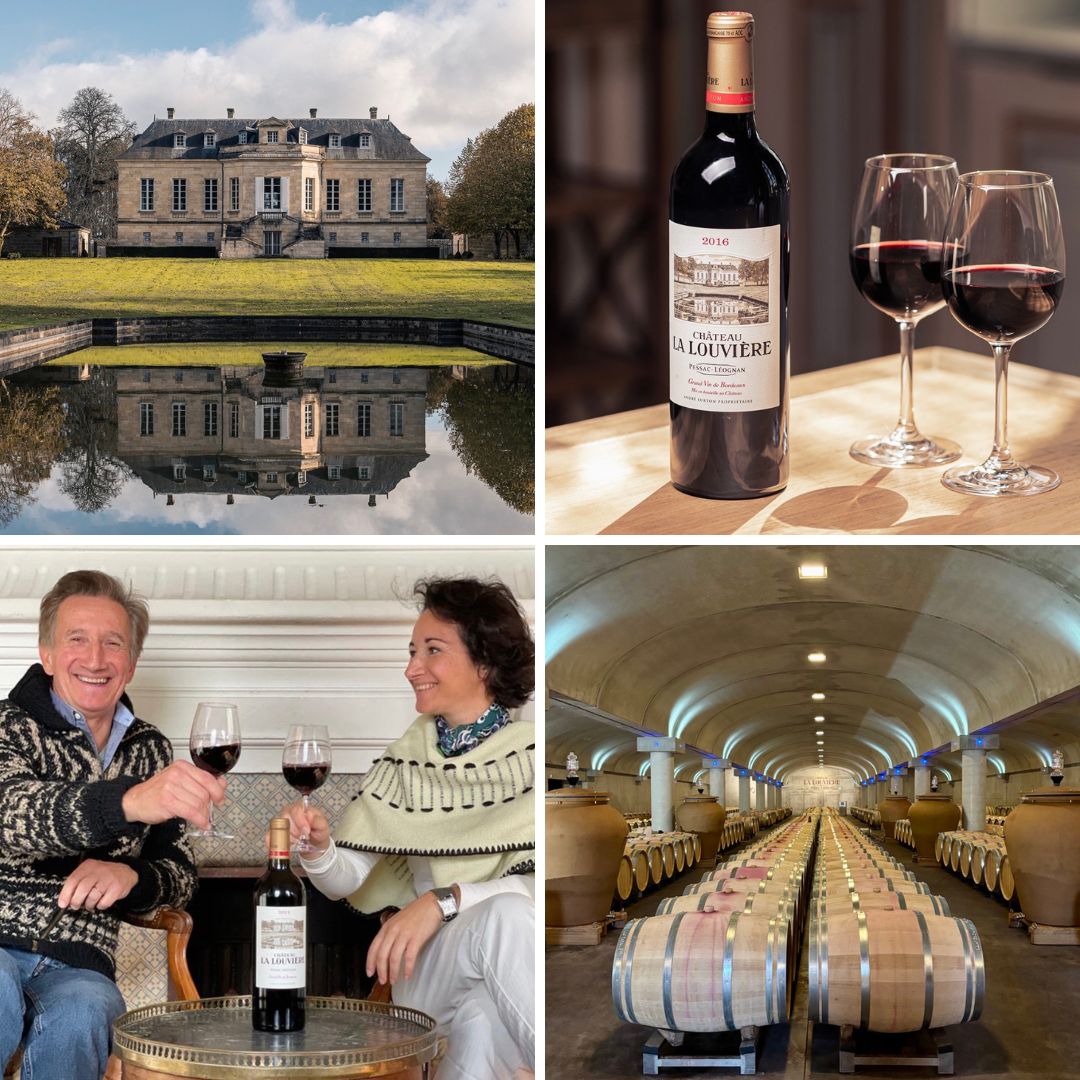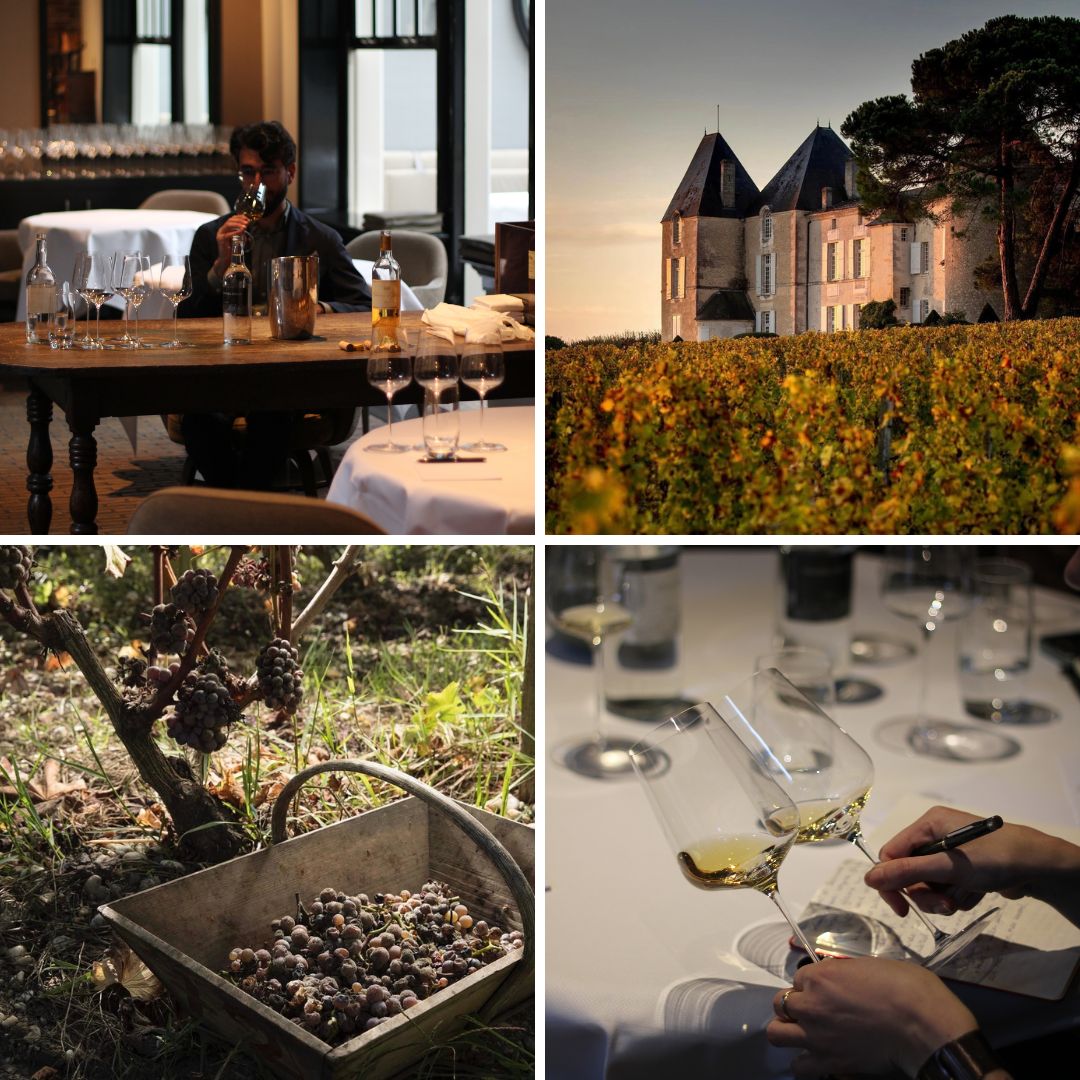Boekenhoutskloof – South Africa.
One of the biggest successes in the South African wine scène is located in the Franschhoek Valley: Boekenhoutskloof. In the past 30 years this winery paved the way for many others, showcasing the great potential of South Africa as a wine country.
Boekenhoutskloof
Boekenhoutskloof is known for producing high-quality red, white, and dessert wines from a variety of grape varieties, including Cabernet Sauvignon, Syrah, Chardonnay, and Semillon. Its most successful wines are produced under the label “Boekenhoutskloof”.
The winery was founded in 1776 and has a long history of producing wines that are highly regarded by critics and consumers alike. In 1994 Marc Kent took over the winery together with a group of partners and they have worked hard to create one of the best known and highest rated wineries in South Africa.
Boekenhoutskloof is committed to sustainable and environmentally friendly practices, and the winery’s vineyards are certified as following the Biodiversity and Wine Initiative (BWI). The wines they produce are of high quality and deliver excellent value for money. Especially when compared to some of their old-world cousins. It has to be said that they also have quite good ageing potential.
The winery and have received titles such as Winery and Winemaker of the Year by South Africa’s Platters Guide and by the renowned British Wine Writer and Master of Wine Tim Atkin (who is an expert on South African wines).
Next to Marc Kent Boekenhoutskloof houses another great winemaker that is worth mentioning; Gottfried Mocke. He has been crucial in the rise of Boekenhoutskloof, especially focusing on the great Syrah wines that derive from the Swartland region. Gottfried also supervises another special project, located in the Hemel-en-Aarde Valley, Cap Maritime. Here the focus lies on Pinot Noir and Chardonnay.
Marc Kent
Marc Kent is one of the winemakers and technical director at Boekenhoutskloof winery, he is also a managing partner in the company. Marc has played a key role in the winery’s success and has received numerous accolades for his work, and is considered as one of the best in South Africa. He is known for his innovative approach to winemaking and his commitment to sustainability and environmental stewardship. He also takes pride in mentoring (young) winemaker talent and is a proud ambassador and keen promoter of South African fine wines internationally. Marc is also a member of the famous South African “Cape Winemakers Guild”.
Through Boekenhoutskloof’s investments in the Swartland wine region, and their success with the region’s Porseleinenberg, he became a founding member of the Swartland Revolution and Swartland Independent Producers Association.
The Boekenhoutskloof Wines
For this article we reviewed the premium line of wines produced by Boekenhoutskloof, under their primary label. This includes one white (Sémillon) and three reds (Syrah and two Cabernet Sauvignons from different regions) which are provided by their Dutch importer Delta Wines, sold by Pallas Wines.
In summary the scores we awarded, followed by a description and review per wine:
- Boekenhoutskloof Syrah 2018 | DWA-score 96/100
- Boekenhoutskloof Sémillon 2019 | DWA-score: 95/100
- Boekenhoutskloof Cabernet Sauvignon Stellenbosch 2018 | DWA-score 96/100
- Boekenhoutskloof Cabernet Sauvignon Franschhoek 2019 | DWA-score 95/100
Syrah, 2018
Syrah is a red wine grape variety that is widely grown in South Africa. It produces full-bodied, fruity wines that are known for their intense flavors and aromas. Syrah wines from South Africa are typically made in a ripe, rich style, with notes of blackberry, black pepper, and spice. The grape is well-suited to the warm, dry climate of South Africa and is widely planted in various regions of the country. Some of the most famous Syrah wines from South Africa are produced in the Stellenbosch, Swartland (such as this Boekenhoutskloof Syrah), and Paarl regions.
Syrah and the Swartland play a crucial role in the success of Boekenhoutskloof. As mentioned Marc Kent is a founding member of the Swartland Revolution and Swartland Independent Producers Association. Their start at the Porseleinberg came with vision and hard work and the like-named Syrah became one of South Africa’s wine icons, being decorated highly by critics and distinguished wine journalists. SA wine expert and Master of Wine Tim Atkin has awarded a perfect score to the 2018 Porseleinberg, which increased demand even more.
The Boekenhoutskloof labeled Syrah comes largely from the same site as the Porseleinberg, with addition of a small portion of grapes from their Goldmine site. The two sites are treated differently in the winery however, in order to create a differentiation to the big brother. This makes the Boekenhoutskloof Syrah a wine on its own, with a large following. Pricewise it is a friendlier alternative to the Porseleinberg Syrah as well.
- Boekenhoutskloof Syrah 2018 | DWA-score 96/100
This Syrah is fruit dominated, rich and luscious. Red and dark fruit form the structure of its nose. But this is just the start. Graphite, cardamom and tobacco open up your senses for a palate that is complex, fleshy and savory. The body is surprisingly gentle, smooth and concentrated, standing tall with silk tannins and an acidity level that refreshes. The aftertaste? Steering you into an herbal atmosphere, leaving you with thoughts of a warm starry night in the Rhone Valley.
Semillon, 2019
Semillon is a white wine grape variety that is grown in South Africa and is used to produce a range of white wines, including dry and sweet styles. Semillon wines from South Africa are typically full-bodied and have a rich, fruity character with notes of citrus, green apple, and tropical fruit. The grape is well-suited to the warm, dry climate of South Africa and is widely planted in various regions of the country. Semillon feels very much at home in Franschhoek Valley with her Mediterranean-style climate and has been an important variety for Boekenhoutskloof over the course of time.
Here you will find some of the oldest recorded Semillon plantings in South Africa, and they form the basis for this great white wine. Coming from three “Old Vine Certified” vineyards with unirrigated bush vines (planted in 1902, 1942 and 1936) the fruit is rich and concentrated. The alluvial and warm growing conditions force the vines to seek deep for nutrients and on their own are already a recipe for deep and complex wines. In the blend there is also some Semillon Gris and a small portion of Muscat added to expand the aroma profile. Funny enough the Semillon Gris is a natural mutation from Semillon that took place in the vineyard.
- Boekenhoutskloof Sémillon 2019 | DWA-score: 95/100
On the nose a fresh first impression, accompanied by a wide array of deeper and more complex aroma’s, here you can already sense that this wine has a whole life ahead of him. Floral notes, citrus fruit but also spices and the typical beeswax. All nicely layered and integrated. On the palate there is a modest level of acidity, acting as a silver lining. A touch of oak guarantees more structure and a balanced body here. A mouth filling wine, both savory and alive, with great minerality. Precision go hand in hand with elegance here, leaving you with a fruity finish and a touch of salt that makes you reach for your glass once more. So much going on here and the best is yet to come.
Cabernet Sauvignon 2018 and 2019
Cabernet Sauvignon is a red wine grape variety that is widely grown in South Africa and is used to produce a range of red wines that are known for their full body, structure, and tannins. Cabernet Sauvignon wines from South Africa are typically made in a ripe, rich style, with notes of blackberry, cassis, and spice. The grape is well-suited to the warm, dry climate of South Africa and is widely planted in various regions of the country. Some of the most famous Cabernet Sauvignon wines from South Africa are produced in the Stellenbosch and Franschhoek, Paarl, and Swartland regions.
Since 2015 Boekenhoutskloof have been producing two versions of their Cabernet Sauvignon, one from Stellenbosch and one from Franschhoek. Stellenbosch was added last in the portfolio.
Stellenbosch grapes are mainly from the Helderberg mountain. The soil here is a combination of decomposed granite, Table Mountain sandstone and rock hard “koffieklip” (coffee stone). This soil composition in combination with the high-altitude slopes and the maritime influences from the False Bay coast provides for minerality and a classic graphite-like profile. The Helderberg has been described as the Pauillac of Cabernet Sauvignon in Stellenbosch, producing wines with grippy tannins and a rich profile, perfectly suitable for ageing.
Franschhoek fruit is grown on Boekenhoutskloof own property and sourced from four individual parcels adjacent to one another in the Franschhoek valley, here the vineyards are somewhat more sheltered and the soil is predominantly consisting of sandy loam over a granite bedrock. Boekenhoutskloof’s Stellenbosch Cabernet Sauvignon is always a little firmer and sturdier than its Franschhoek sister who is a little lighter and fresher in style, more nuanced and herbal.
- Boekenhoutskloof Cabernet Sauvignon Stellenbosch 2018 | DWA-score 96/100
The Stellenbosch CS is a wine that shows a typical Bordeaux style. It is the fifth vintage produced in Stellenbosch now and you can tell Boekenhoutskloof is learning more and more about the terroir and these vineyards every year. This is a wine that opens up with all the elements you would expect, ranging from dark fruit and graphite to wood, herbs and tobacco. This combination creates a temptation that is continued on the palate, which is refined and classy. Smooth and subtle layers of fruit and earthy notes are build-up on top of each other. The acidity and texture in this wine are on-par, building up to a classy finish with prevailing herbal notes and an oak touch.
- Boekenhoutskloof Cabernet Sauvignon Franschhoek 2019 | DWA-score 95/100
This Franschhoek CS is produced from organic fruit, from blocks that have been farmed organically for 12 years now. Year on year the quality of these grapes improves, giving this CS a “second life”. In terms of profile this wine has a full and rich body, with excellent depth. The nose however opens up slowly, but not for long. Fruit aromas are abundant and have a mineral and oaky lining. On the palate the fresh acidity and fine tannins take this CS by the hand, creating perfect structure and building depth. Further on the palate is a bit tensed, maybe a bit to complex, but this shows room for development in the years to come. This is a lively, textured wine, which finishes with a juicy fruity ending.
Conclusion
There is good reason why Boekenhoutskloof is amongst the top wineries in South Africa and they surely deserve a bigger stage. Wines like theirs come at an excellent price point and while they very much have their own identity their style is attractive for a large audience. Quality and care for the vineyards is important for them, as is hard work and patience.
Marc, Gottfried and the teams in the vineyards and cellar still find room to improve every year, despite the high standards they already set themselves. These are wines you can safely stock up on, and it is exciting to see which next steps Boekenhoutskloof will take, as they are not the team to settle for what they have. Their recent Cap Maritime project in Hemel-en-Aarde is proof for this, adding top Chardonnay and Pinot Noir to their already impressive portfolio, where the motto seems to be: “Only the Best”.
We would like to thank Delta Wines and Pallas Wines for providing these wines.
